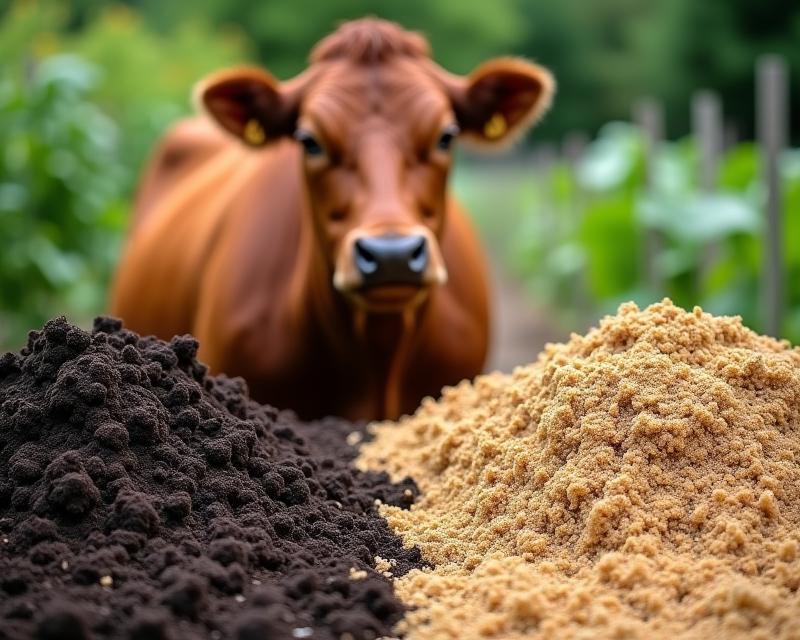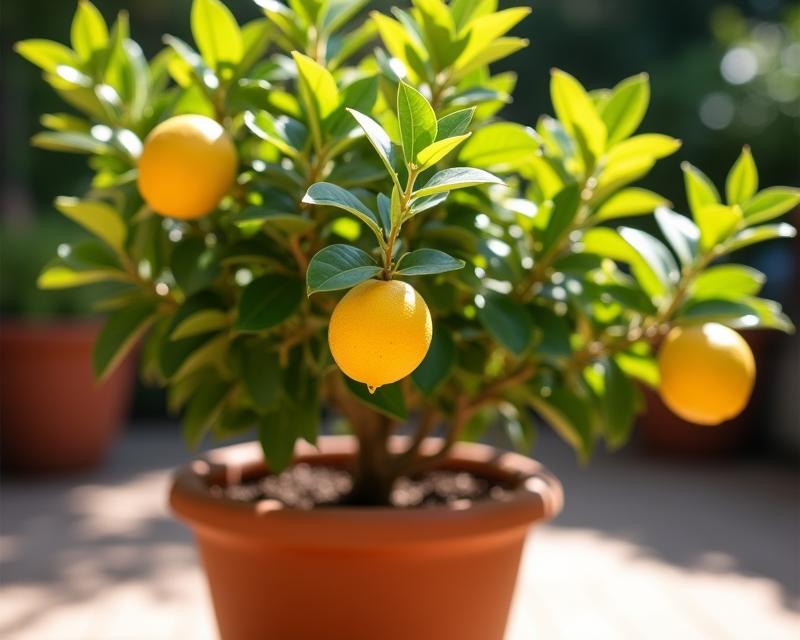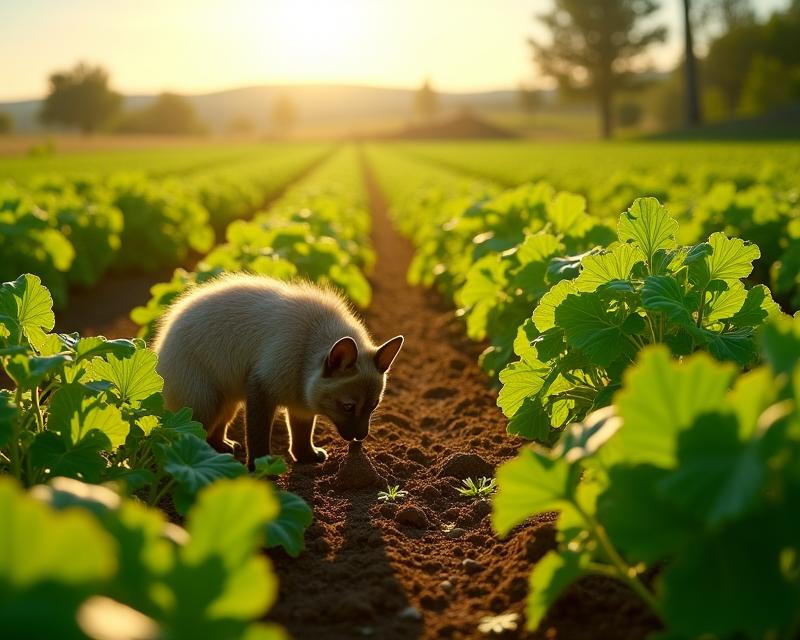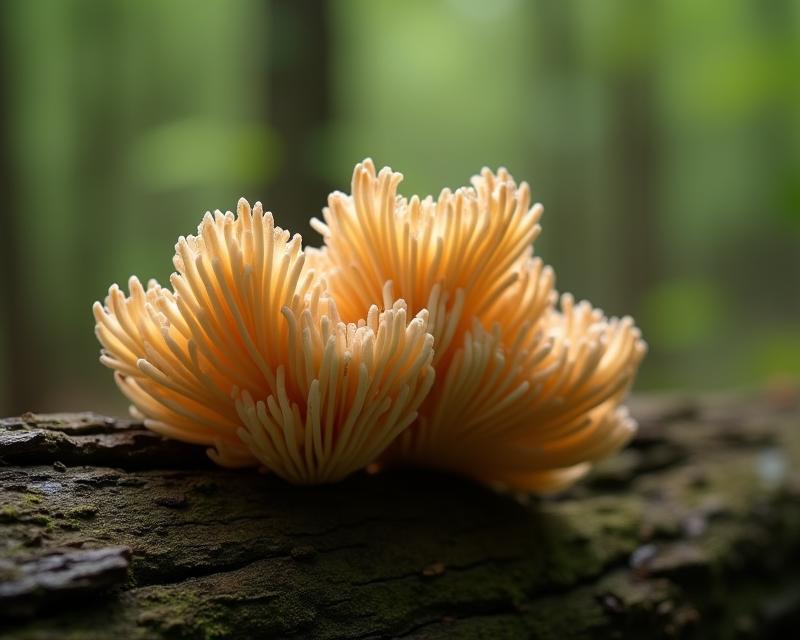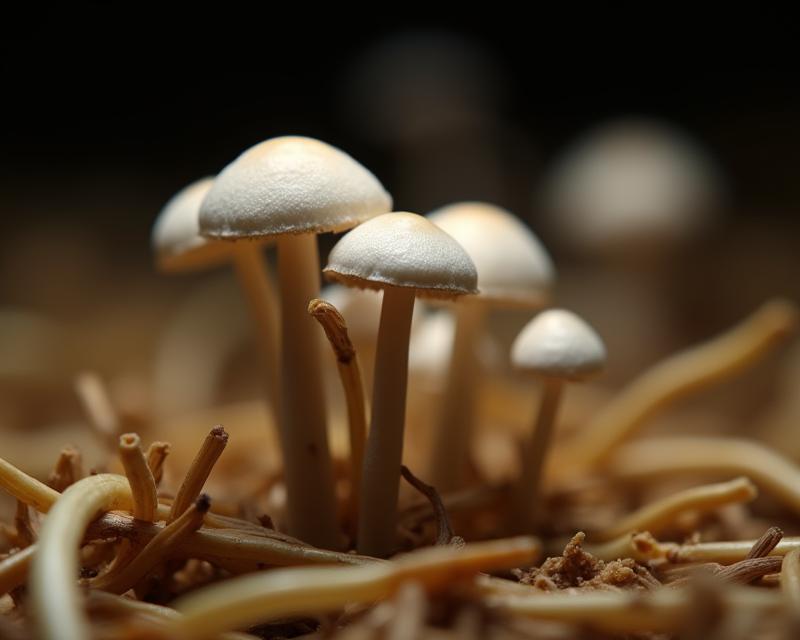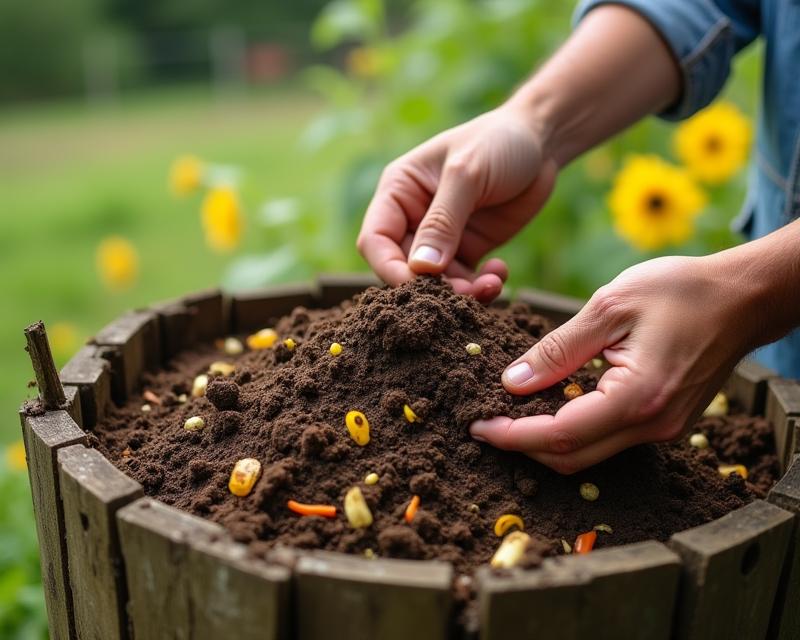Composting: The Heart of Organic Soil
Publish in Organic Gardening & Farming el 04/07/2025 01:03
Composting: The Heart of Organic Soil
For farmers, gardeners, and ranchers embracing organic practices, healthy soil is the foundation of everything. And at the heart of healthy soil lies composting! It's a natural, powerful process that transforms organic waste into a nutrient-rich amendment, boosting soil fertility and promoting sustainable farming without relying on synthetic fertilizers.
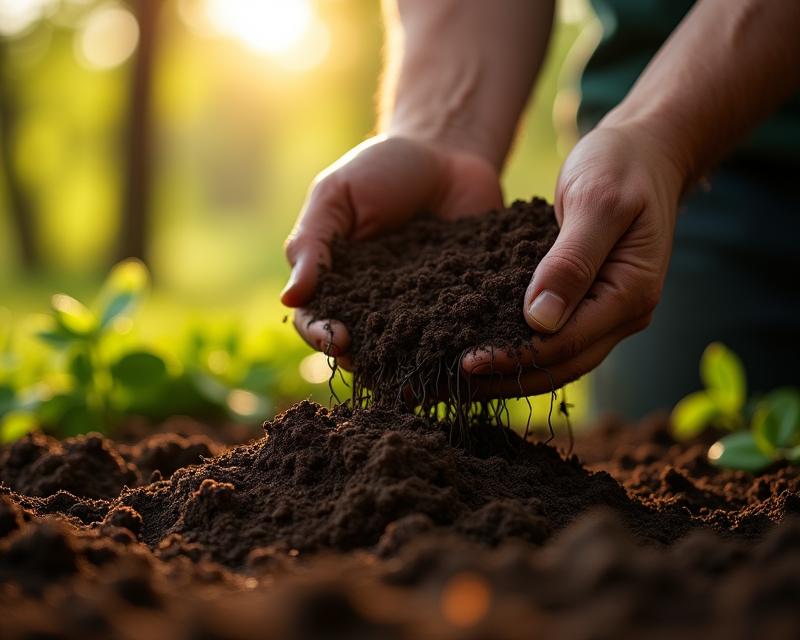
What is Composting and Why is it Important?
Composting is essentially nature's recycling system. It involves the decomposition of organic materials like food scraps, yard waste, and animal manure by microorganisms. This process creates compost, a dark, crumbly substance packed with essential nutrients. Instead of sending these materials to a landfill, composting returns valuable resources back to the soil, creating a closed-loop system. This is a cornerstone of organic farming, emphasizing resourcefulness and minimizing environmental impact.
Nutrient Cycling: The Key to Sustainable Farming
One of the most significant benefits of composting is its role in nutrient cycling. Healthy soil isn't just about having the right amount of nutrients; it's about how those nutrients are available to plants. Composting unlocks these nutrients, making them readily accessible. The decomposition process breaks down complex organic matter into simpler forms that plants can easily absorb. This natural nutrient cycling reduces the need for external inputs, making your farm more resilient and environmentally friendly. Think of it as creating a self-sustaining ecosystem within your soil.
Benefits of Compost for Your Farm
Using compost offers a wealth of benefits. It improves soil structure, enhancing water retention and drainage. It increases the soil's capacity to hold nutrients, reducing leaching and runoff. Compost also supports beneficial soil microbes, which play a crucial role in plant health and disease suppression. Furthermore, it can help to buffer soil pH, creating a more stable environment for plant growth. By incorporating compost into your farming practices, you're investing in the long-term health and productivity of your land. It's a win-win for your crops and the environment!
Getting Started with Composting
Composting doesn't have to be complicated! There are various methods, from simple backyard piles to more sophisticated tumblers. Start by collecting your organic waste – kitchen scraps, leaves, grass clippings, and manure. Aim for a good balance of 'greens' (nitrogen-rich materials like food scraps) and 'browns' (carbon-rich materials like leaves and straw). Turn the pile regularly to aerate it and speed up the decomposition process. With a little effort, you'll be producing valuable compost that will transform your soil and support a thriving farm!
